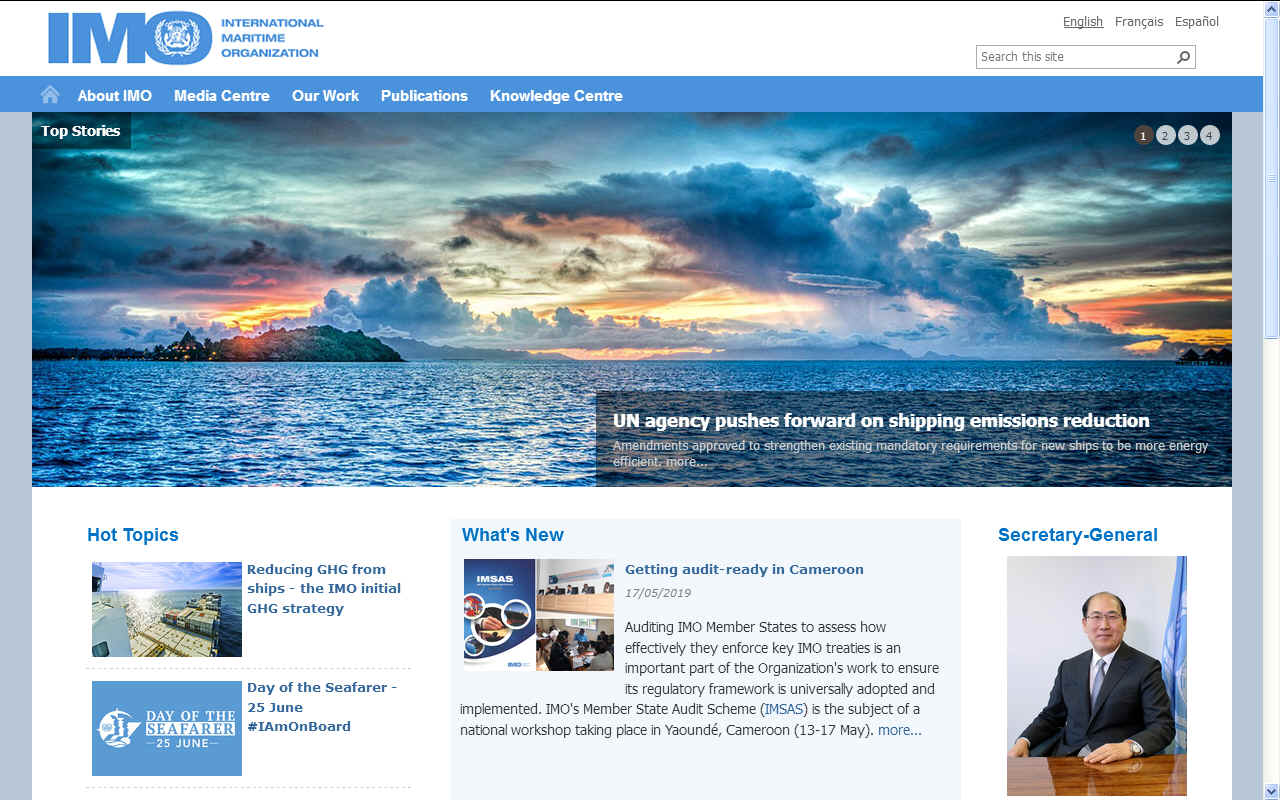
The
IMO's General Secretary is Kitack
Lim. Under his leadership this UN
agency is pushing forward on shipping emissions reductions, via MARPOL
amendments.
The IMO has set targets for
zero emissions shipping by 2100, with interim stages.
In 2018 historic targets were agreed within International Maritime Organization (IMO) to cut the total net global GHG emissions from international shipping by at least 50% by 2050, to reduce carbon intensity by at least 40% by 2030 compared to a 2008 benchmark and to completely
decarbonize shipping by the end of the century.
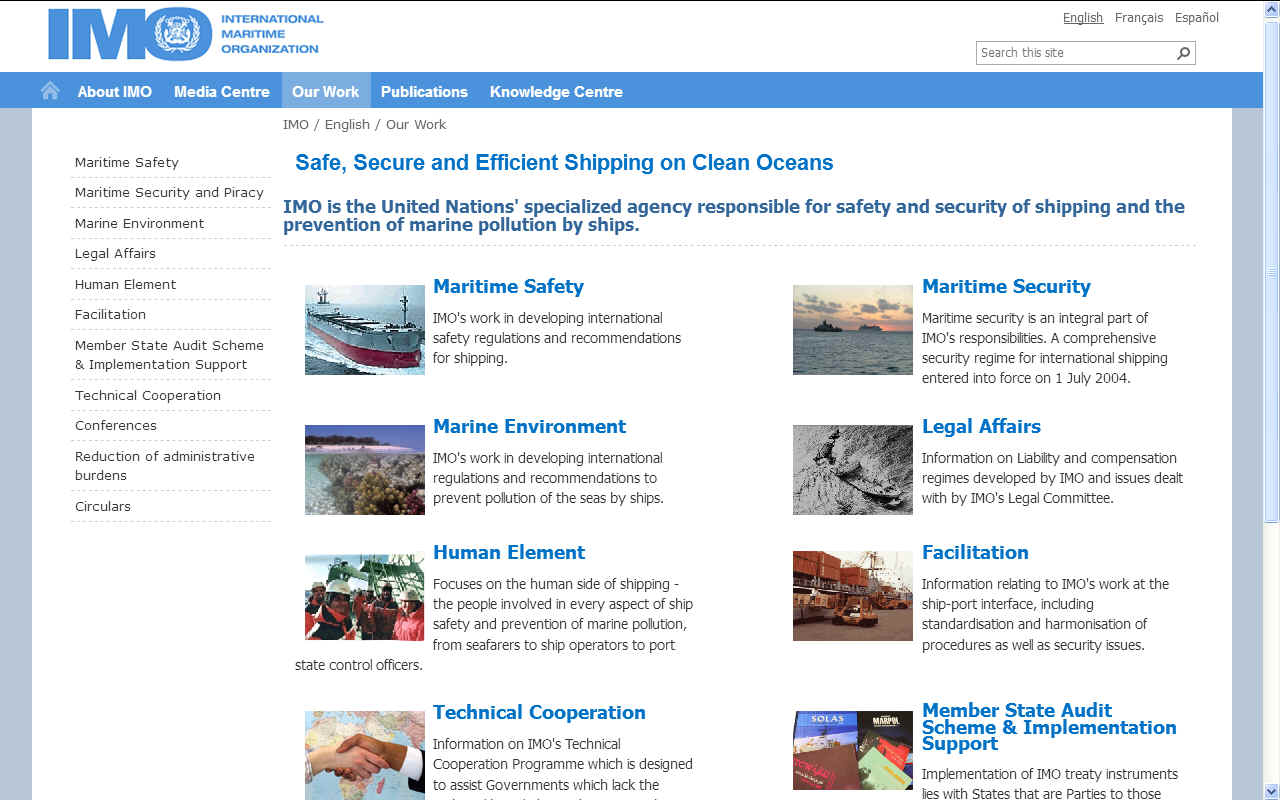
MAY 13-17 2019 74th MARINE ENVIRONMENT PROTECTION COMMITTEE SESSION
Chair: Mr. Hideaki Saito (Japan)
Main agenda items
Highlights of particular interest to media include the following - please scroll down the page to read more:
1. Adoption of amendments to IMO mandatory instruments
2. Reduction of greenhouse gas (GHG) emissions from ships
3. Implementation of the sulphur 2020 limit
4. Marine plastic litter action plan
5. Ballast water management (BWM) Convention implementation
6. Approval of guidance and other matters
7. Technical cooperation and capacity building
Working groups/drafting groups
The following working/drafting groups are expected to be established:
• Working Group on Air Pollution and Energy Efficiency;
• Working Group on Reduction of GHG Emissions from Ships;
• Working Group on Marine Plastic Litter;
• Drafting Group on Amendments to Mandatory Instruments;
• Ballast Water Review Group.
1. Adoption of amendments
MARPOL amendments - Cargo residues and tank washings of persistent floating noxious liquid substances.
MEPC is expected to adopt draft amendments to MARPOL Annex II to strengthen, in specified sea areas, discharge requirements for cargo residues and tank washings containing persistent floating products with a high-viscosity and/or a high melting point that can solidify under certain conditions (e.g. certain vegetable oils and paraffin-like cargoes), following concerns about the environmental impact of permissible discharges.
The draft amendments add new paragraphs to MARPOL Annex II Regulation 13 – Control of discharges of residues of noxious liquid substances, to require prewash and discharge of residue/water mixture generated during the prewash to a reception facility, for specific products, in specified areas (North West European waters, Baltic Sea area, Western European waters and Norwegian Sea).
MARPOL amendments – use of electronic record books
Draft MARPOL Amendments to allow for electronic record books to be used are set to be adopted, for Annex I -
Oil Record Book Part I – Machinery space operations and Oil Record Book Part II – Cargo/ballast operations; Annex II - Cargo Record Book; and Annex V - Garbage Record Book; and Annex VI for records relating to Regulation 12 – Ozone-depleting substances, Regulation 13 –
Nitrogen oxides (NOx) and Regulation 14 –
Sulphur oxides (SOx) and particulate matter
The MEPC is also expected to adopt related Guidelines for the use of electronic record books under MARPOL.
MARPOL amendments - EEDI regulations for ice-strengthened ships
Another draft amendment to MARPOL Annex VI are set to be adopted, relating to the Energy Efficiency Design Index (EEDI) regulations for ice-strengthened ships, replacing the words "cargo ships having ice-breaking capability" with "category A ships as defined in the Polar Code".
IBC Code amendments
The MEPC is expected to adopt a comprehensive set of draft amendments to the International Code for the Construction and Equipment of Ships carrying Dangerous Chemicals in Bulk (IBC Code), including the draft revised chapters 17 (Summary of minimum requirements), 18 (List of products to which the code does not apply), 19 (Index of Products Carried in Bulk) and 21 (Criteria for assigning carriage requirements for products subject to the IBC Code). Consequential draft amendments to the Code for the construction and equipment of ships carrying dangerous chemicals in bulk (BCH Code) are also expected to be adopted.
NOx Technical Code 2008 amendments
The draft amendments relate to the use of Electronic Record Books, and Certification requirements for selective catalytic reduction (SCR) systems.
2. Reduction of greenhouse gas emissions from ships
IMO Initial GHG Strategy
The MEPC will discuss on how to implement the initial IMO strategy on reduction of GHG emissions from ships, which was adopted in April 2018. The strategy sets out a vision which confirms IMO’s commitment to reducing GHG emissions from international shipping and to phasing them out as soon as possible. Candidate short-, mid- and long-term further measures with possible timelines and their impacts on States are listed. MEPC 73 approved a programme of follow-up actions up to 2023.
Under the identified “levels of ambition”, the initial GHG strategy envisages, in particular, a reduction in carbon intensity of international shipping (to reduce
CO2 emissions per transport work, as an average across international shipping, by at least 40% by 2030, pursuing efforts towards 70% by 2050, compared to 2008); and that total annual GHG emissions from international shipping should be reduced by at least 50% by 2050 compared to 2008.
3. Implementation of the sulphur 2020 limit
IMO sulphur limit
The new lower 0.50% limit on sulphur in ships’ fuel oil will be in force from 1 January 2020, under IMO’s
MARPOL treaty, with benefits for the environment and human health. The new limit will be applicable globally (in designated emission control areas (ECAs) the sulphur limit will remain at 0.10%).
The 1 January 2020 implementation date was adopted in 2008 and confirmed in 2016. IMO has been working with Member States and the industry to support implementation of the new limit, including the preparation of draft amendments to
MARPOL Annex VI to support consistent implementation of the 0.50% sulphur limit and development of guidance and guidelines. MEPC 73 approved Guidance on the development of a ship implementation plan for the consistent implementation of the 0.50% sulphur limit under MARPOL Annex VI (MEPC.1/Circ. 878).
Expected outcomes at MEPC 74
MEPC 74 is expected to approve draft guidelines and guidance documents, developed by the Sub-Committee on Pollution Prevention and Response (PPR 6), including:
• 2019 Guidelines for consistent implementation of the 0.50% sulphur limit under MARPOL Annex VI;
• 2019 Guidelines for port State control under the revised MARPOL Annex VI;
• guidance for port State control on contingency measures for addressing non-compliant fuel oil;
• MEPC Circular on the 2019 Guidelines for on board sampling for the verification of the sulphur content of the
bunker
fuel oil used on board ships;
• MSC-MEPC circular on Delivery of compliant fuel oil by suppliers, subject to approval by MSC 101 in June.
With regards to fuel oil quality, the MEPC will consider draft guidance for best practice for Member State/coastal States as well as a proposal for a bunker supplier licensing scheme.
The Committee will also consider proposals relating to the enhancement of the implementation of MARPOL Annex VI regulation 18, which covers fuel oil quality and availability.
Enforcement, compliance with and monitoring of the new sulphur limit is the remit and responsibility of States Party to MARPOL Annex VI. Most ships are expected to utilize new blends of fuel oil which will be produced to meet the 0.50% limit on sulphur in fuel oil, or compliant marine gas/diesel oil. Currently, the maximum sulphur limit in fuel oil is 3.50% globally (and 0.10 % in the four ECAs: the
Baltic Sea area; the
North Sea area; the North American area (covering designated coastal areas off the United States and Canada); and the United States
Caribbean Sea area (around Puerto Rico and the United States Virgin Islands)).
Some ships use exhaust gas cleaning systems (EGCS) (“scrubbers”), accepted by their flag States as an alternative means to meet the sulphur limit requirement. The MEPC will consider proposals for a new agenda item, so that the Committee would consider to undertake an environmental impact assessment of discharge
water from EGCS and to evaluate and harmonize rules and guidance on the discharge of liquid effluents from EGCS.
4. Marine plastic litter action plan
The MEPC will follow up on the IMO Action Plan to address marine plastic litter from ships adopted at the last session.
The MEPC is expected to, inter alia, develop the terms of reference for a study on marine-plastic litter from ships, based on the work carried out by a correspondence group that had been instructed to identify issues to be considered under an IMO study on
marine plastic litter from ships; determine the most appropriate mechanism to undertake the study; and develop a regulatory framework matrix to identify all international regulatory instruments and best practices associated with the issue of marine plastic litter from ships.
5. Ballast water management treaty implementation
The International Convention for the Control and Management of Ships' Ballast Water and Sediments, 2004 (BWM Convention), entered into force in September 2017 and has, to date, been ratified by 81 countries, representing 80.76% of world merchant shipping tonnage. Amendments to the treaty, relating, inter alia, to implementation timelines, were adopted during MEPC 72.
The main focus for the convention now is on its effective and uniform implementation, and on an experience-building phase, with a focus on gathering data on application of the BWM treaty. The MEPC will consider proposals related to ballast water sampling and analysis, including revisions to the Data gathering and analysis plan for the experience-building phase associated with the BWM Convention (BWM.2/Circ.67), to incorporate a link to standard operating procedures.
The MEPC is expected to approve amendments to the BWM Convention and the Code for Approval of Ballast Water Management Systems (BWMS Code), concerning commissioning testing of ballast water management systems as well as amendments to the form of the International Ballast Water Management Certificate.
Also up for consideration are proposals in relation to the application of the BWM Convention to specific ship types, as well as exemptions under the Convention, including possible amendments to the Convention and/or development of guidance.
MEPC 74 will also consider proposals for approval of ballast water management systems that make use of Active Substances.
6. Approval of other amendments, guidance and other matters
Amongst other matters, the MEPC is expected to:
• approve draft amendments, for future adoption, to the International Convention for the Control of Harmful Anti-fouling Systems on Ships (AFS Convention), to include controls on the biocide cybutryne.
• approve four circulars containing new or updated guidance relevant to the assessment and carriage of chemicals in bulk, including the draft revised MEPC circular on the Guidelines for the provisional assessment of liquid substances transported in bulk.
• approve the methodology to analyse the impacts of a ban on the use and carriage of heavy fuel oil as fuel in
Arctic waters.
• approve the draft Guide on practical implementation of the pollution prevention and response treaties (OPRC Convention and the OPRC-HNS Protocol).
7. Technical cooperation and capacity building activities
In order to implement IMO’s environment-related instruments, technical cooperation and capacity building activities have played a very important role at IMO.
During the MEPC, these TC activities, including several Major Projects, will be introduced and updates will be presented.
A new Global Partnership Project was to be announced on Monday 13 May
2021. Please email media@imo.org for details.
This challenge for the IMO's members is in line with the global emphasis on sustainable
development goals (SDGs)
13 (climate) and 14
(oceans).
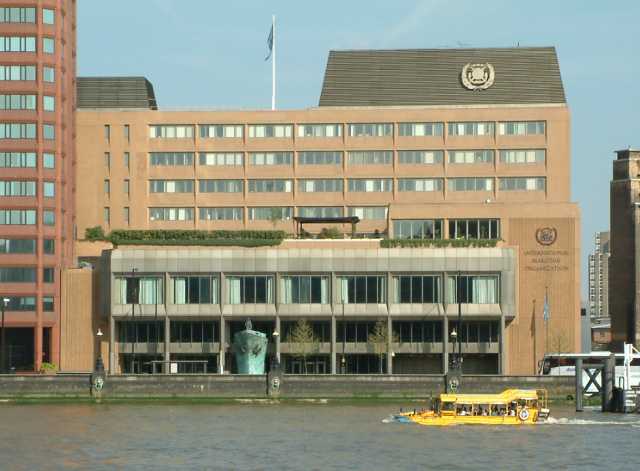
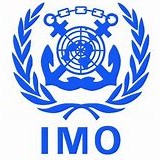
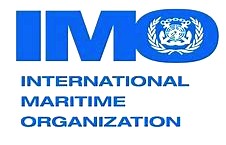
LINKS
& REFERENCE
https:
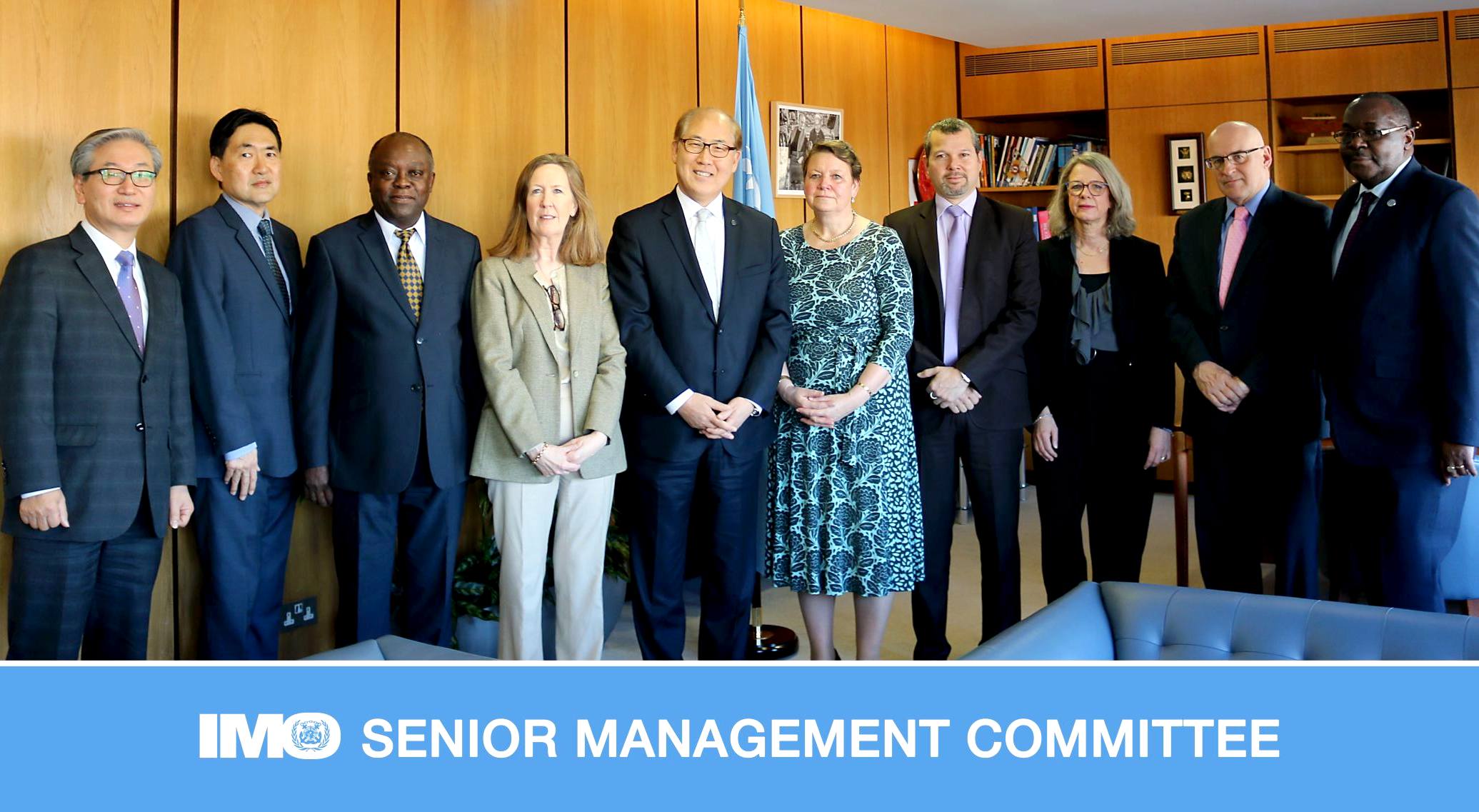
Please use our
A-Z INDEX to
navigate this site





